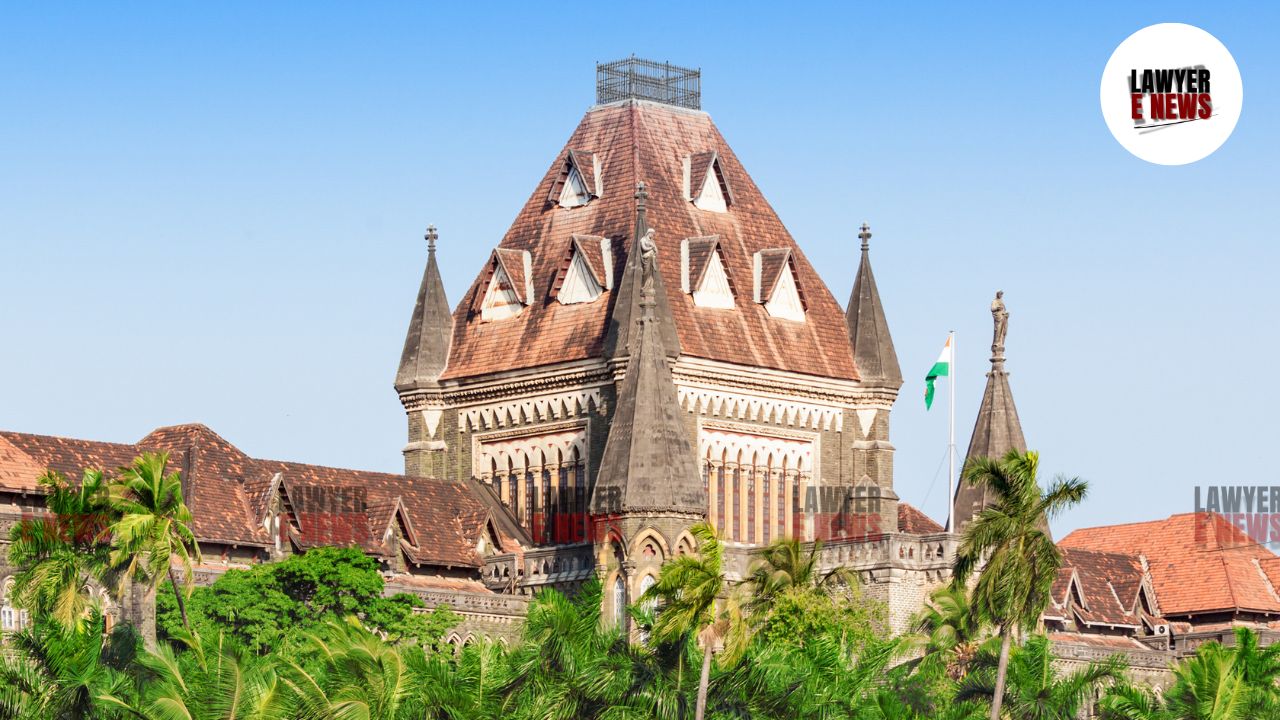-
by Admin
15 February 2026 5:35 AM



In a significant judgment Bombay High Court dismissed an appeal challenging the acquittal of her husband and in-laws in a case of alleged dowry harassment and domestic violence. The case, involving allegations under Sections 498A, 323, 504, and 506 of the Indian Penal Code (IPC), stemmed from two incidents reported in 2012. Justice Milind N. Jadhav, while affirming the acquittals granted by the Trial Court in 2019 and the Sessions Court in 2022, underscored the principle that mere allegations, unsupported by cogent evidence, cannot result in a conviction.
The court stated, “Mere allegations without proof, no matter how grave, cannot substitute the need for evidence to establish guilt beyond reasonable doubt. The law requires credible and corroborative evidence, especially in cases of dowry harassment where allegations often rest on familial interactions.”
The appellant, Afsana Patel, married Sarfaraj Ahmed Patel on June 26, 2011, following a love affair initiated through their involvement in the Students Federation of India. Alleging harassment for dowry by her husband and in-laws, Afsana claimed that they demanded ₹1,50,000 on two occasions, first in January 2012 for securing a job and later in September 2012 for a job transfer. She also accused Sarfaraj of physical abuse during these incidents.
The first incident involved a claim that Sarfaraj assaulted her with a stick and blade during a confrontation. The second incident, Afsana alleged, involved threats and abuse from her husband’s family, demanding money for Sarfaraj’s transfer. However, no medical evidence or other corroborative material was produced to substantiate these claims. The FIR was filed belatedly in 2014, nearly two years after the incidents, which further weakened the prosecution's case.
Justice Jadhav meticulously reviewed the evidence and reiterated that the allegations of dowry harassment and physical assault must be substantiated with reliable evidence. He noted that the appellant and her witnesses, including her mother and sister, admitted that there were no disputes between the couple during the initial nine months of marriage. This timeline contradicted the claims of continuous harassment beginning in January 2012.
Addressing the first allegation of demanding ₹1,50,000 for securing a job, the Court found the claim untenable. It observed that Sarfaraj was already employed as a teacher in a Zilla Parishad school before the marriage, making the alleged demand baseless. Justice Jadhav remarked, “The evidence demonstrates that Respondent No.1 was already employed, negating the possibility of a demand for securing employment. Allegations unsupported by material evidence cannot form the basis of conviction.”
Regarding the second allegation of harassment for a transfer-related demand in September 2012, the Court noted the lack of corroborative evidence, observing that no witnesses other than the appellant and her relatives testified to support these claims. The belated filing of the FIR, nearly two years after the incidents, further raised doubts about the veracity of the allegations. The Court remarked, “The delay in filing the complaint, coupled with a lack of independent evidence, weakens the prosecution's case significantly.”
The judgment also highlighted inconsistencies in the appellant’s testimony. Justice Jadhav emphasized the importance of precision in allegations of abuse, stating, “In cases of alleged cruelty, the onus lies on the complainant to describe incidents with clarity and support them with evidence. Vague accusations, unaccompanied by medical or independent corroboration, cannot suffice.”
The Trial Court had earlier acquitted Sarfaraj and his family, finding that the prosecution failed to prove the allegations beyond a reasonable doubt. The Sessions Court upheld this acquittal, concluding that the allegations lacked credibility and were unsubstantiated by evidence. Justice Jadhav, upon reviewing both judgments, found no discrepancies warranting interference.
He observed, “Both the Trial Court and Sessions Court have meticulously analyzed the evidence, identifying gaps and inconsistencies that render the prosecution’s case untenable. This Court finds no reason to disturb their findings.”
The Court concluded that allegations of harassment and assault must be evaluated with due diligence to prevent misuse of legal provisions like Section 498A IPC. While acknowledging the seriousness of dowry-related offenses, Justice Jadhav stressed that convictions must rest on robust evidence rather than unproven allegations.
This judgment underscores the judiciary's commitment to ensuring that convictions are based on substantive evidence rather than presumptions or unsubstantiated claims. By affirming the principle that the burden of proof lies on the prosecution to establish guilt beyond a reasonable doubt, the Bombay High Court has reiterated the importance of safeguarding the rights of the accused while addressing allegations of domestic abuse and dowry harassment.
Date of Decision: November 28, 2024
